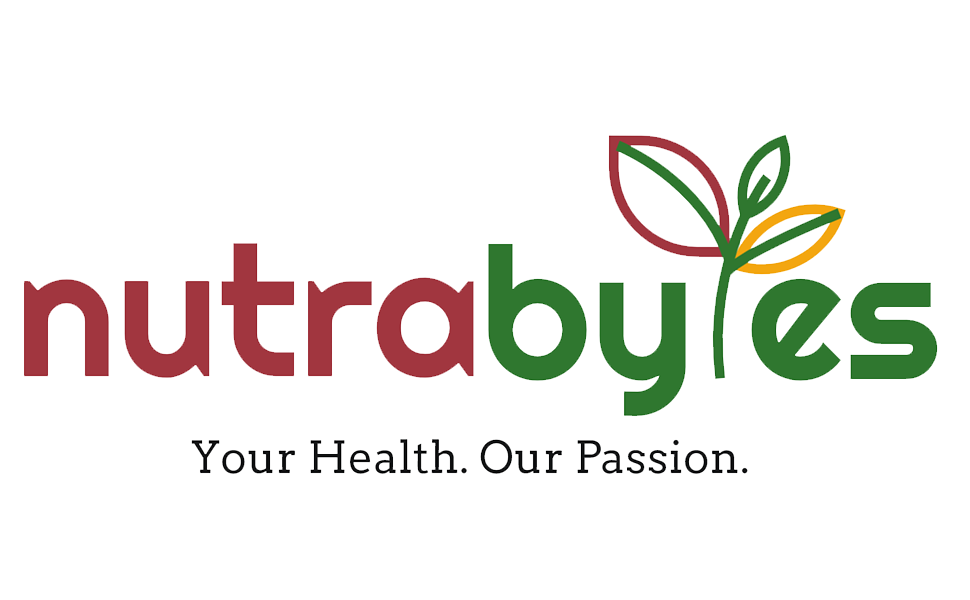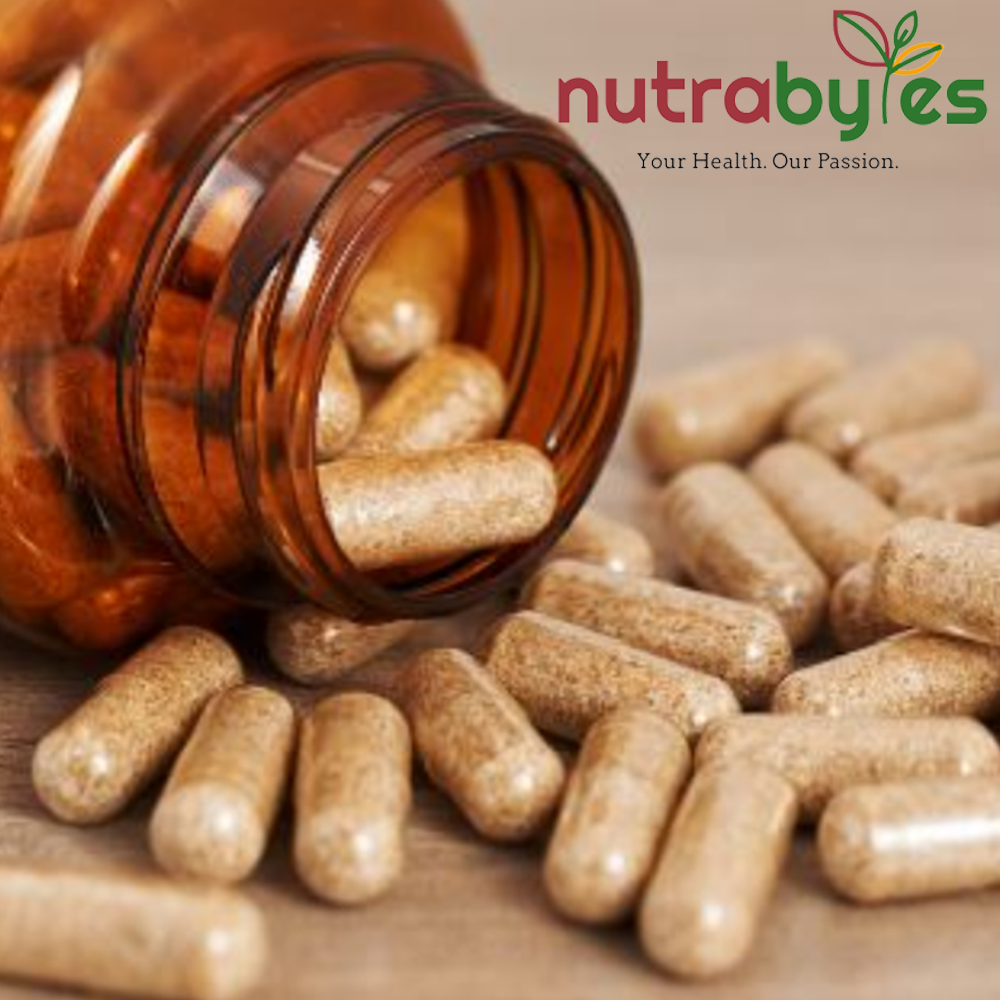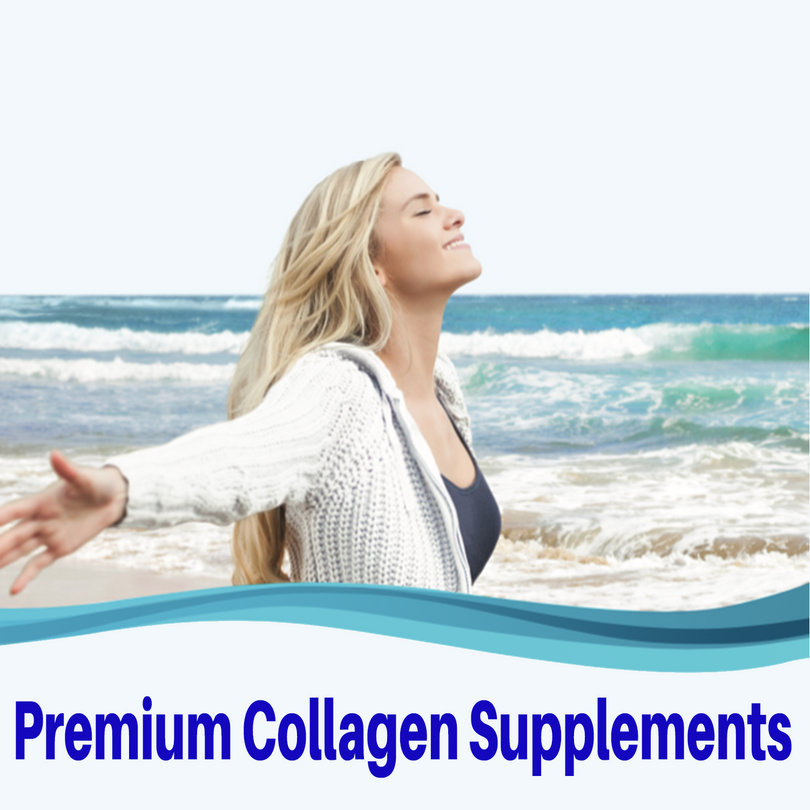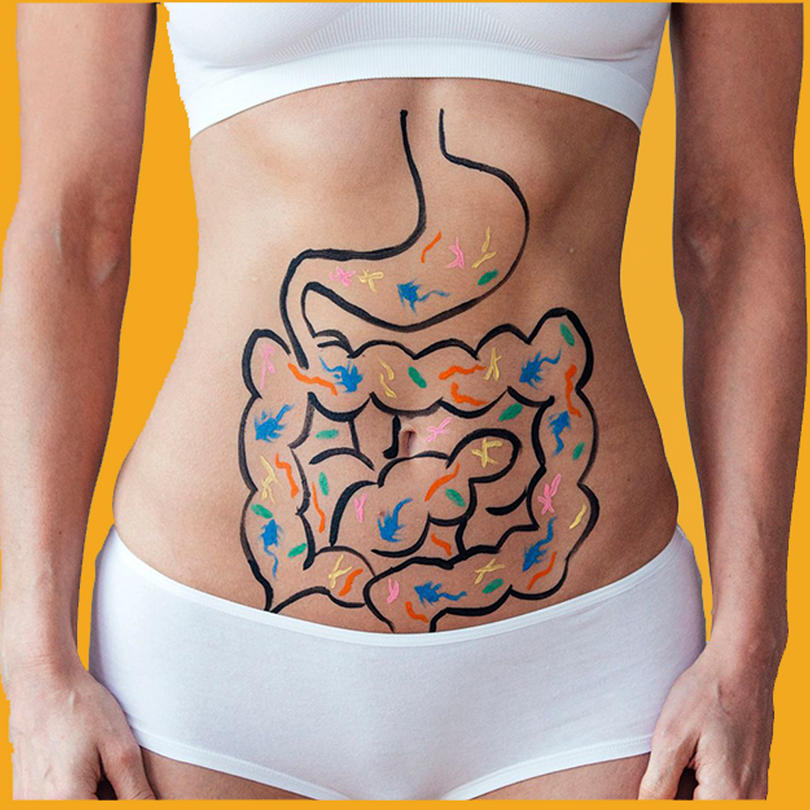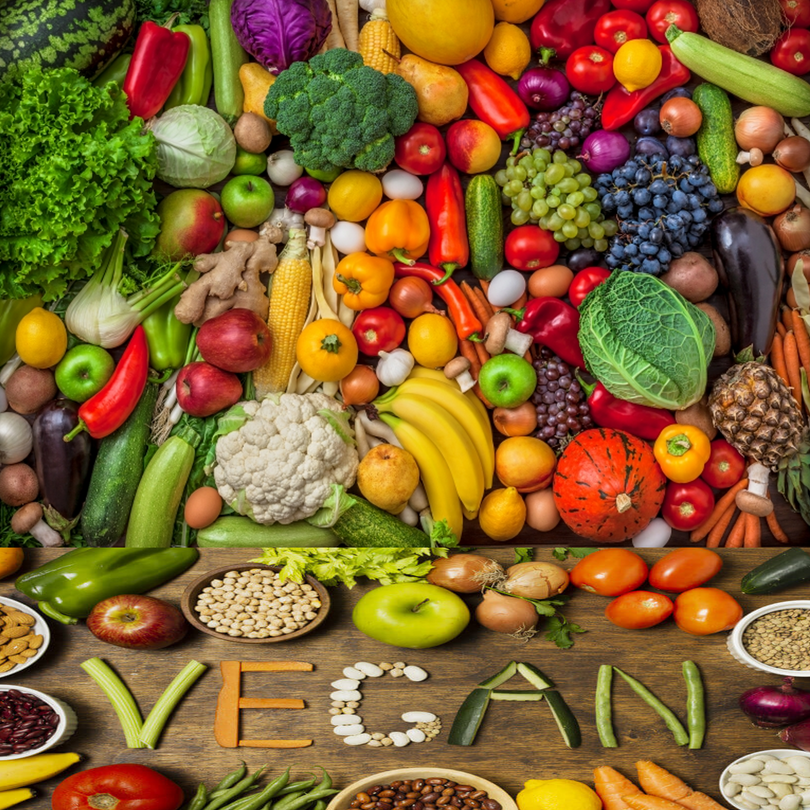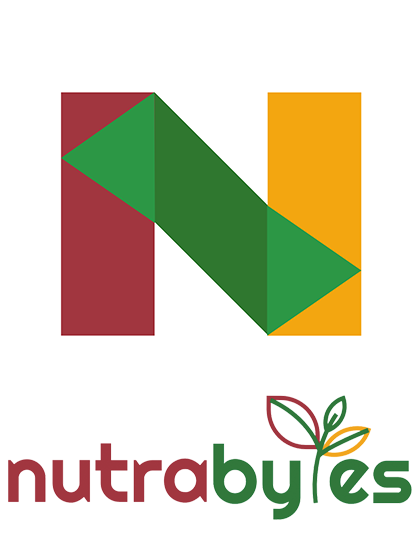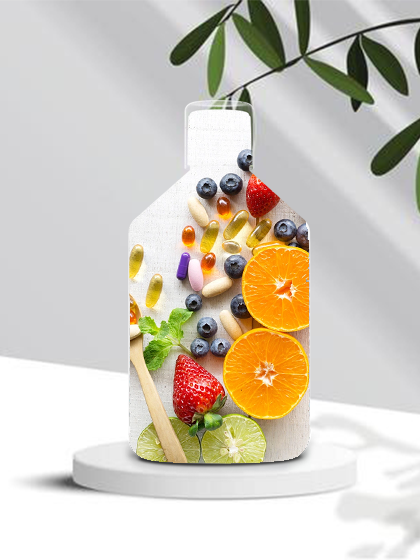Zinc is a key mineral responsible for the overall health of a person. It helps to support growth and development, especially during childhood. It is a powerful antioxidant that helps heal wounds and prevent inflammation. It is crucial for the creation of proteins and DNA, making this a vital mineral.
Our bodies do not produce this mineral, so it is important to consume them as supplements, in case of a deficiency. Zinc is found in a variety of foods, which makes it easy for us to get our daily requirements of this essential mineral.
Consuming zinc supplements for health should only be done in accordance with a doctor’s prescription as overconsumption of this mineral could be potentially dangerous.
The Health Benefits of Zinc
Zinc works to relieve inflammation as it is a powerful antioxidant. It also helps to reduce oxidative stress and boost the immune system. Take a look at some of the major health benefits of zinc which should encourage you to begin consuming zinc supplements after a consultation with a doctor or qualified health professional.
Helps with Immune Function
The body needs zinc for immunity. If the immune system is to work well, zinc consumption is a must. Zinc is needed for the proper functioning of the immune system through improved cell heath and cell reproduction. It also helps to reduce oxidative stress. Zinc has been known to reduce the duration of colds by 33% because of the role it plays in the immune response. Low zinc levels in the body may impact immunity negatively.
Zinc is crucial for the development and function of immune cells, and zinc deficiency can lead to impaired immune response and increased susceptibility to infections.
(Rink, L., & Gabriel, P. (2000). Zinc and the immune system. Proceedings of the Nutrition Society, 59(4), 541-552.)

Zinc has been known to speed up wound healing. Since zinc plays a role in collagen synthesis and immune and inflammatory responses, zinc for wound healing is something you should try.
May help with certain age-related conditions
Zinc may also help with age-related conditions. Some conditions like age-related macular degeneration, may be effectively managed by increasing the amount of zinc in our diets. Consuming zinc supplements for health may alleviate oxidative stress and help to improve immunity in elderly people. Zinc may also work to reduce the risk of pneumonia in older persons and check against vision loss.
Adequate zinc levels are essential for proper brain function, and zinc deficiency has been associated with cognitive decline and neurodevelopmental issues.
(Bhatnagar, S., & Taneja, S. (2001). Zinc and cognitive development. British Journal of Nutrition, 85(S2), S139-S145.)
May help with acne
Acne is a common skin condition that affects 9.4% of the world’s population. Many teenage youth have suffered from low self-esteem because of the scars of acne. Studies exist that show that people with acne have lower levels of zinc. So, consuming zinc supplements may help to reduce acne problems as zinc plays a role in reducing inflammation.

May help to decrease inflammation
Zinc may help to decrease oxidative stress and reduce the levels of inflammatory proteins. Inflammation is the forerunner of several medical conditions which may be prevented through the consumption of zinc supplements.
What Are The Various Types of Zinc Supplements?
Zinc supplements come in several forms. To make zinc digestible it is bound to another compound or amino acid. Some of the available zinc supplements in the UK are zinc gluconate, zinc citrate, zinc picolinate, zinc oxide, and zinc acetate. Select from the various types of zinc supplements and consume only after consultation with a doctor.
How Will I Know If I Have Zinc Deficiency?
It is very hard to determine if you have zinc deficiency as blood tests do not give a clear picture. However, zinc deficiencies are rare, and occur mostly in communities where people are not able to consume a balanced diet.
Here are some of the common symptoms of zinc deficiency.
- Behavioural issues
- Slow wound healing
- Chronic diarrhoea
- Skin rash
- Delayed sexual maturity
Here are some common symptoms of mild zinc deficiency:
- Diarrhoea
- Decreased immunity
- Thinning hair
- Impaired taste or smell
- Dry skin
- Fertility issues
- Poor wound healing
What Happens If I Consume Too Much Zinc?
As mentioned, too much zinc is also not good for the body. Going above the recommended limits of daily zinc consumption may result in the following symptoms:
- Upset stomach
- Vomiting
- Low appetite
- Nausea
- Headache
- Dizziness
What Are The Effects of Long-Term Excess Zinc Consumption?
As mentioned earlier, consuming too much zinc over a long period can be potentially dangerous. It can lead to the following problems:
- Low levels of "good" high-density lipoprotein (HDL) cholesterol
- Weakened immune system
- Low levels of copper
How Much Zinc Should You Consume?
Given below is the recommended amount of zinc you should consume a day.
|
Category |
Recommended Zinc levels |
|
CHILDREN |
|
|
7 months to 3 years |
3 mg/day |
|
4-8 years |
5 mg/day |
|
9-13 years |
8 mg/day |
|
FEMALES |
|
|
14-18 years |
9 mg/day |
|
19 years and up |
8 mg/day |
|
Pregnant |
14-18 years: 12 mg/day 19 years and above: 11 mg/day |
|
Breastfeeding |
14-18 years: 13 mg/day 19 years and over: 12 mg/day |
|
MALES |
|
|
14 years and up |
11 mg/day |
For your safety, we have also included the recommended upper limit. Do consume only what has been recommended by your doctor.
|
Category (Children & Adults) |
The upper limit of zinc intake |
|
0-6 months |
4 mg/day |
|
7-12 months |
5 mg/day |
|
1-3 years |
7 mg/day |
|
4-8 years |
12 mg/day |
|
9-13 years |
23 mg/day |
|
14-18 years |
34 mg/day |
|
19 years and up |
40 mg/day |

Wrapping Up
Zinc, an immune-boosting supplement, is an essential mineral for maintaining overall health, supporting immune function, wound healing, and reducing inflammation.
While zinc can be obtained from various foods, supplements may be necessary for those with deficiencies.
For a reliable source of zinc, try Nutrabytes. Consult with your doctor and incorporate these supplements to support your health and well-being.
Reference Links
https://www.fredhutch.org/en/news/center-news/2022/03/dudakov-zinc-thymus-regeneration.html
https://www.healthline.com/nutrition/zinc
https://www.medicalnewstoday.com/articles/263176
https://www.mayoclinic.org/drugs-supplements-zinc/art-20366112
https://www.webmd.com/vitamins-and-supplements/supplement-guide-zinc
https://www.mdpi.com/2072-6643/9/12/1286
https://psychcentral.com/health/zinc-anxiety
https://www.ncbi.nlm.nih.gov/pmc/articles/PMC2277319/#:~:text=ZINC%20AND%20IMMUNITY&text=Zinc%20is%20crucial%20for%20normal,are%20affected%20by%20zinc%20deficiency.